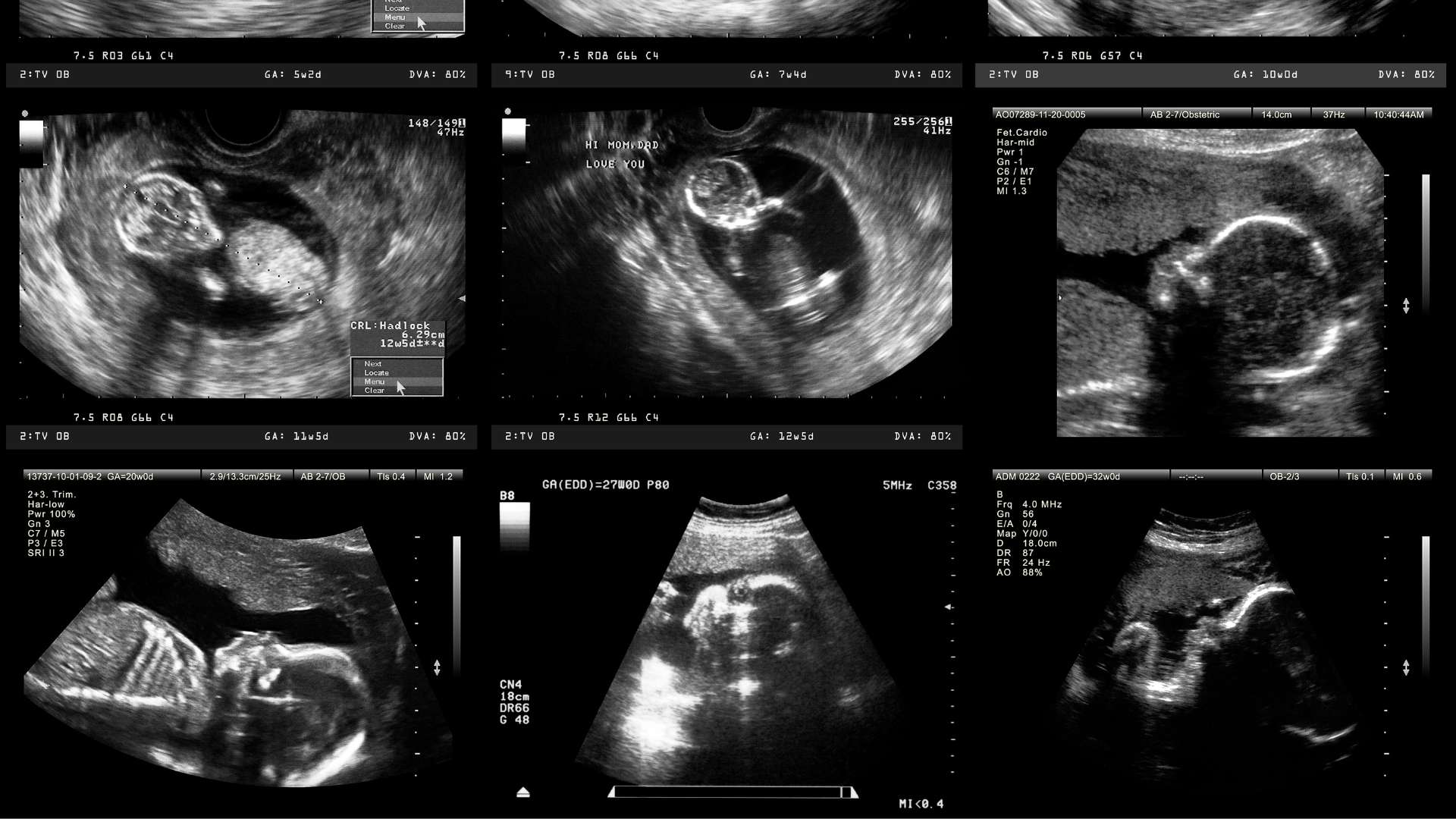Navigating the waters of pregnancy brings a plethora of nutritional concerns to the forefront, with potassium levels playing a crucial role in ensuring both mother and baby’s health. Low potassium levels during pregnancy, a condition often overlooked, can have significant implications on the well-being of expectant mothers. It’s essential to understand the balance of nutrients that support a healthy pregnancy journey.
Low Potassium Pregnancy
Recognizing the signs of low potassium during pregnancy is vital for maintaining maternal and fetal health. Potassium, an essential nutrient, plays a crucial role in nerve function, muscle control, and blood pressure regulation. Pregnant women often require higher potassium intake due to increased blood volume and the physiological demands of supporting fetal development. If potassium levels drop, it might lead to fatigue, muscle cramps, and irregular heart rhythms, potentially complicating the pregnancy.
Healthcare providers recommend regular screening for potassium levels as part of prenatal care. They also advise on dietary sources rich in potassium, such as bananas, oranges, potatoes, and spinach, to help prevent deficiency. In cases where diet alone does not correct low potassium, supplements might be necessary, under medical supervision, to ensure levels remain within a safe range throughout the pregnancy.
The Importance of Potassium for Mother and Baby
Potassium plays a critical role in maintaining both maternal and fetal health during pregnancy. For the mother, adequate potassium levels are essential for ensuring proper nerve function, muscle control, and blood pressure regulation. These functions are vital for a healthy pregnancy, as they contribute to reducing the risk of complications like hypertension, which can lead to more serious conditions such as preeclampsia. For the baby, potassium aids in fetal development by supporting the growth of muscle and nervous system development. Ensuring optimal potassium intake helps in the prevention of developmental issues and supports overall fetal growth. Healthcare professionals emphasize the significance of a balanced diet rich in potassium, sourced from fruits, vegetables, and whole grains, to support these critical physiological processes. In cases where diet alone does not meet the potassium requirements, supplements might be recommended under the guidance of a healthcare provider to maintain adequate levels throughout pregnancy.
Diagnosing Low Potassium in Pregnancy
Diagnosing low potassium during pregnancy involves a combination of symptom assessment and laboratory tests. Healthcare providers start with a review of the patient’s medical history and a physical examination, focusing on signs that indicate potassium deficiency. These signs include fatigue, muscle cramps, and irregular heart rhythms.
Following the initial assessment, a blood test is the standard method to confirm low potassium levels, scientifically known as hypokalemia. This test measures the amount of potassium in the blood, with levels below 3.5 millimoles per liter (mmol/L) typically indicating hypokalemia. In some cases, healthcare providers might also recommend an electrocardiogram (ECG) to check for heart rhythm abnormalities that can occur with low potassium.
Treatment and Management of Low Potassium
Treating and managing low potassium in pregnancy focuses on replenishing potassium levels to support maternal and fetal health. Upon diagnosis of hypokalemia, healthcare providers may recommend several approaches:
- Dietary Modifications: Increasing the intake of potassium-rich foods, such as bananas, oranges, potatoes, and spinach, stands as the first line of treatment. A balanced diet ensures the natural augmentation of potassium levels.
- Supplementation: If dietary changes are insufficient, potassium supplements may be prescribed. Dosages are carefully adjusted to avoid hyperkalemia, an excess of potassium.
- Monitoring: Continuous monitoring of potassium levels through blood tests is essential. It helps in tracking the progress and adjusting treatment plans accordingly.
Preventing Low Potassium During Pregnancy
Maintaining healthy potassium levels is crucial for a smooth pregnancy journey. Pregnant individuals should prioritize a balanced diet rich in potassium and adhere to their healthcare provider’s advice for regular screenings. Early identification of symptoms and proactive management can mitigate risks associated with low potassium. By incorporating potassium-rich foods and following prescribed treatment plans, pregnant women can safeguard their health and that of their unborn child. Remember, consistent monitoring and dietary vigilance are key to preventing and managing low potassium during pregnancy effectively.
